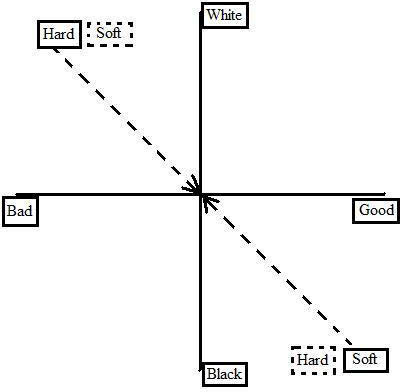No CrossRef data available.
Article contents
Sense-formation within the future's image distortion as a dialectical relations’ of mutual exclusion dissociation specific for the individuals who suffer from the schizophrenic spectrum disorders
Published online by Cambridge University Press: 16 April 2020
Abstract
Nowadays schizophrenic spectrum disorders are widely spread. Future's image of the people, whose lives have been impacted by schizophrenia, vastly differs (in comparison with conditionally healthy). Their temporal notions’ formation is based on different laws of thought. Methodological premises for the appearance of this problem could be found in the papers of Aristotle, Kant, Hegel etc.
Sense-formation within the temporal notions’ formation specific for the individuals who suffer from schizophrenic spectrum disorders.
Schizophrenia and schizotypal disorder (ICD-10, F20-21) (40 individuals) and conditionally healthy (40).
Sense-formation within the temporal notions’ formation peculiarities specific for the individuals who suffer from schizophrenic spectrum disorders description.
Temporal Semantic Differential; Autobiographical Method's modification; projective and reflexive techniques.
Sense-formation within future's image distortion in a “schisis-typical” way (dialectical relations of mutual exclusion was broken) caused ambivalence in judgments and feelings about their own future (Figure).

Sense-formation within the future's image distortion in a “schisis-typical” way may cause impossibility of the future's image formation. As a result individuals who suffer from schizophrenic spectrum disorders couldn’t concentrate their attention on their future. This may be the cause of ego centrality specific for the individuals who suffer from schizophrenic spectrum disorders.
- Type
- P02-456
- Information
- European Psychiatry , Volume 26 , Issue S2: Abstracts of the 19th European Congress of Psychiatry , March 2011 , pp. 1052
- Copyright
- Copyright © European Psychiatric Association 2011





Comments
No Comments have been published for this article.